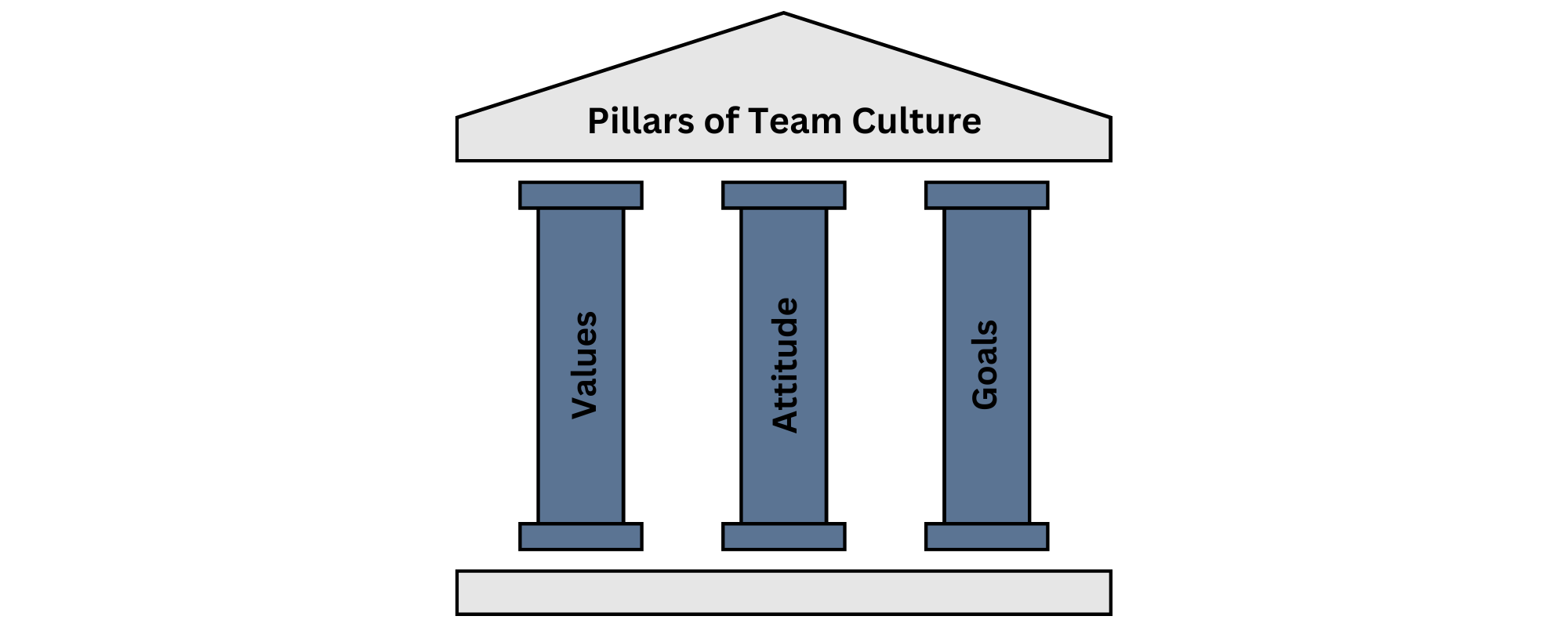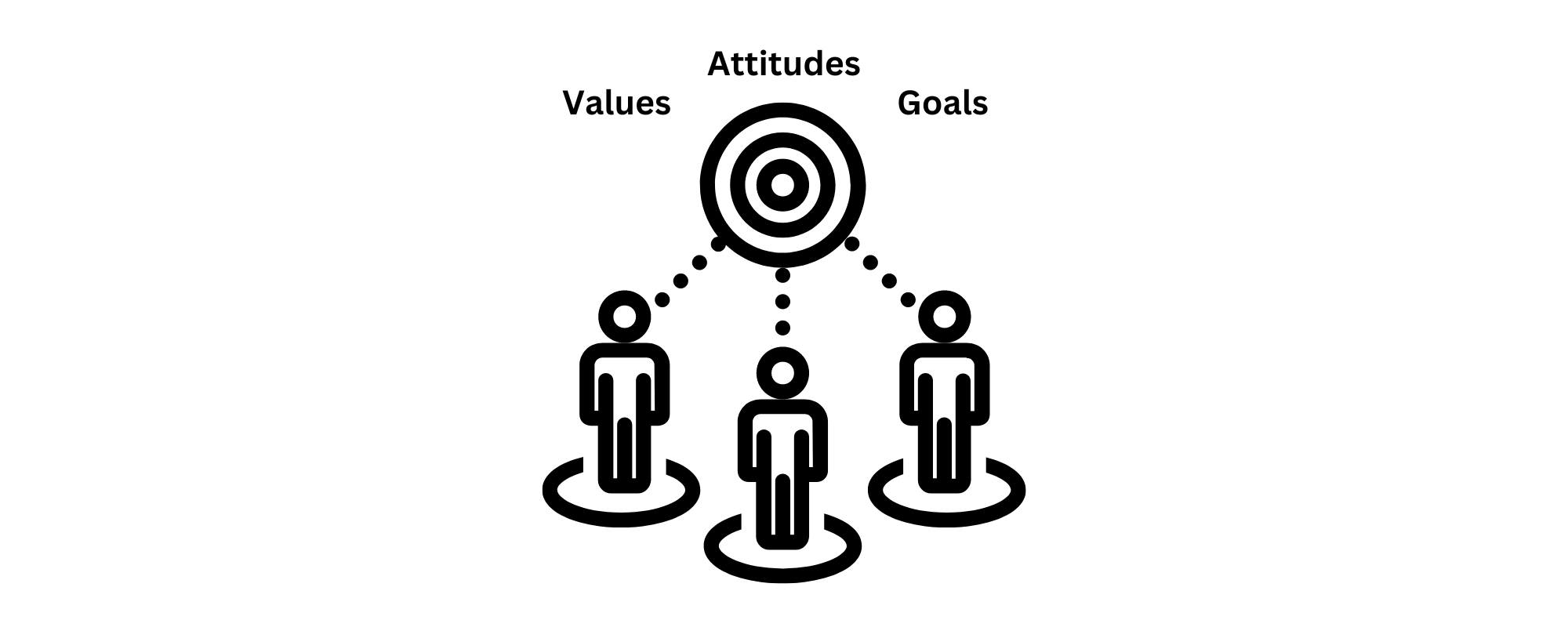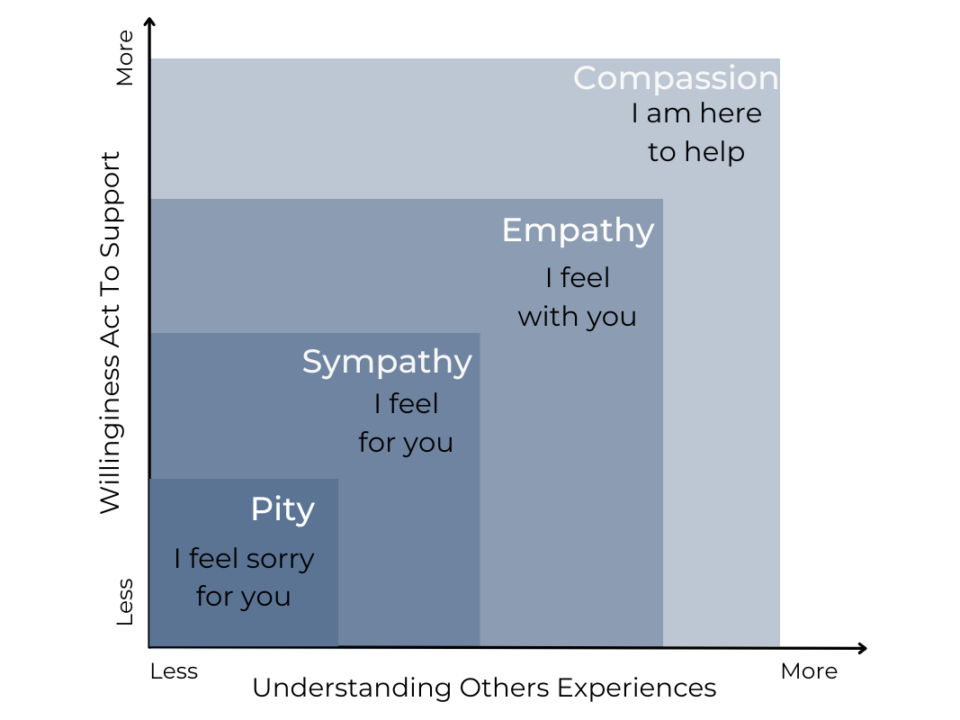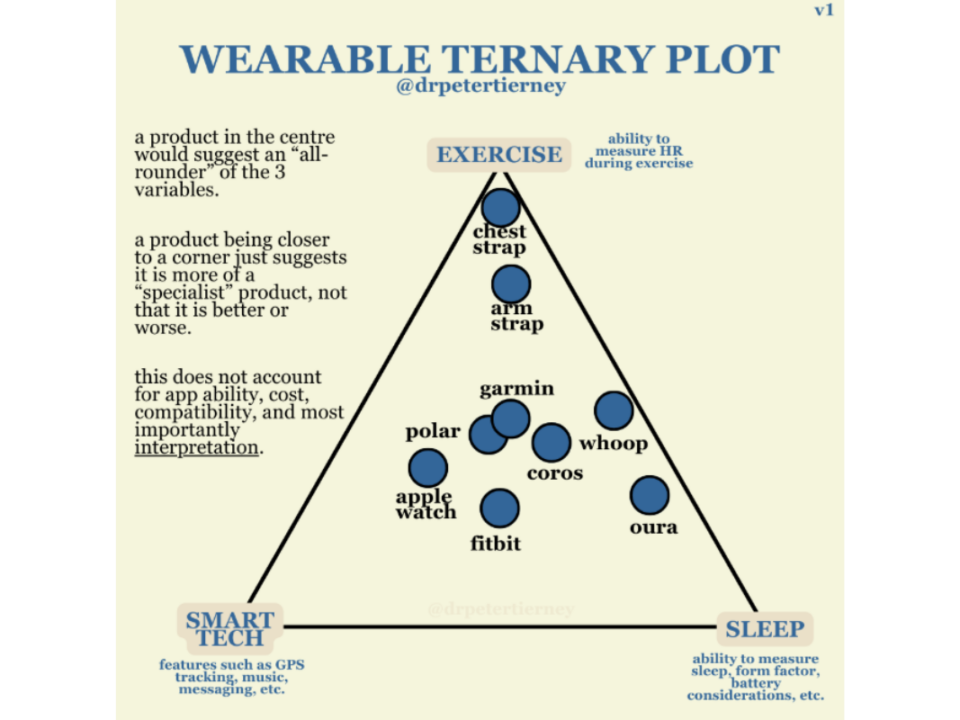
Carbohydrate Loading for a Marathon
May 23, 2024
Micronutrients – Potassium
May 28, 2024
Carbohydrate Loading for a Marathon
May 23, 2024
Micronutrients – Potassium
May 28, 2024Positive Team Culture
Have you and your work colleagues ever put your heart and soul into a project, that when it was finished you felt such a sense of achievement together? Have you ever won a big match after putting months of work in and relished in the celebrations afterwards in the pub with your team?
Being part of a team can be such a fulfilling experience, but this can only happen once a positive culture exists.

When it comes to performance, people can be so focused on talent and discipline, they often overlook a critical factor known as team culture. Culture can be defined as ‘the ideas, customs and social behaviour of a particular people or society’. Whether that team culture exists for you in the workplace or on the pitch, being immersed in a positive team culture is a critical driver of performance.

Team culture establishes, for instance, whether the team prioritises winning, enjoyment, or progress, or if it emphasizes individual growth or group achievement. Team culture consists of three essential pillars that help to support team functioning and performance. These include :
Values: These help to guide the decisions and choices you make. Some examples of these values might include self-respect and respect of team members, determination and equality.
Attitudes: These help us guide how we think, feel and act. Some examples of these attitudes include accepting mistakes, process driven and working outside of your comfort zone.
Goals: These are so important to help direct efforts and sustain motivation. Some goals may include enjoyment, promotion and communication.

Within team culture, cultural alignment ensures that everyone is on the same page. If a team has cultural alignment, their actions and ideals align with the objectives and the tactics the team is attempting to accomplish. Teams with this kind of cultural alignment are typically more successful, have lower levels of conflict and turnover, and have better levels of engagement.

I remember a time back in college being assigned to a group to do a presentation. All we had to do was speak for 7 minutes, split across the group, about a research project that we had worked on for over 10 weeks. This 7 minute presentation was worth 5% of our whole degree over a 4 year course. As this presentation weighed a lot when it came to our results, as a team we really had to consider the work we needed to put in and the result that we wanted out of it. To work well as a team, there were key values that we needed to consider. We had to respect each other. We needed to listen to everyone’s ideas and point of view, and allow everyone to have equal contribution to the project in order to be successful.
In order to be successful in this presentation, we needed to have the right attitude. That was accepting feedback from our supervisor and considering it as constructive criticism that would help us improve our project. To try and help boost our results, we wanted to do something different. We had the attitude of thinking outside the box and engaging the audience in different ways, which led to us doing really well in the presentation.
At the end of the day, we all had the same goal. We needed the presentation to go as smoothly as possible to ensure that we had passed the module. And do you know what we did once we finished the presentation? We all went out together and got burgers! From day 1 we knew what we needed to do, and from all having similar values, goals and attitudes towards this project, we had created a positive team culture over the span of 12 weeks without even realising it.

Team culture can be a difficult thing to navigate and your position on the team plays a big part. If you are a coach, what things can you do to improve the team culture? If you are a player, how can you make suggestions on ways to improve if you feel that the team culture is toxic? Over the next few weeks we are going to bring you through some of the best methods of enhancing a positive team culture as either a coach or the team player to ensure enjoyment of the process and success at the finish line.
Positive Team Culture
Have you and your work colleagues ever put your heart and soul into a project, that when it was finished you felt such a sense of achievement together? Have you ever won a big match after putting months of work in and relished in the celebrations afterwards in the pub with your team?
Being part of a team can be such a fulfilling experience, but this can only happen once a positive culture exists.

When it comes to performance, people can be so focused on talent and discipline, they often overlook a critical factor known as team culture. Culture can be defined as ‘the ideas, customs and social behaviour of a particular people or society’. Whether that team culture exists for you in the workplace or on the pitch, being immersed in a positive team culture is a critical driver of performance.

Team culture establishes, for instance, whether the team prioritises winning, enjoyment, or progress, or if it emphasizes individual growth or group achievement. Team culture consists of three essential pillars that help to support team functioning and performance. These include :
Values: These help to guide the decisions and choices you make. Some examples of these values might include self-respect and respect of team members, determination and equality.
Attitudes: These help us guide how we think, feel and act. Some examples of these attitudes include accepting mistakes, process driven and working outside of your comfort zone.
Goals: These are so important to help direct efforts and sustain motivation. Some goals may include enjoyment, promotion and communication.

Within team culture, cultural alignment ensures that everyone is on the same page. If a team has cultural alignment, their actions and ideals align with the objectives and the tactics the team is attempting to accomplish. Teams with this kind of cultural alignment are typically more successful, have lower levels of conflict and turnover, and have better levels of engagement.

I remember a time back in college being assigned to a group to do a presentation. All we had to do was speak for 7 minutes, split across the group, about a research project that we had worked on for over 10 weeks. This 7 minute presentation was worth 5% of our whole degree over a 4 year course. As this presentation weighed a lot when it came to our results, as a team we really had to consider the work we needed to put in and the result that we wanted out of it. To work well as a team, there were key values that we needed to consider. We had to respect each other. We needed to listen to everyone’s ideas and point of view, and allow everyone to have equal contribution to the project in order to be successful.
In order to be successful in this presentation, we needed to have the right attitude. That was accepting feedback from our supervisor and considering it as constructive criticism that would help us improve our project. To try and help boost our results, we wanted to do something different. We had the attitude of thinking outside the box and engaging the audience in different ways, which led to us doing really well in the presentation.
At the end of the day, we all had the same goal. We needed the presentation to go as smoothly as possible to ensure that we had passed the module. And do you know what we did once we finished the presentation? We all went out together and got burgers! From day 1 we knew what we needed to do, and from all having similar values, goals and attitudes towards this project, we had created a positive team culture over the span of 12 weeks without even realising it.

Team culture can be a difficult thing to navigate and your position on the team plays a big part. If you are a coach, what things can you do to improve the team culture? If you are a player, how can you make suggestions on ways to improve if you feel that the team culture is toxic? Over the next few weeks we are going to bring you through some of the best methods of enhancing a positive team culture as either a coach or the team player to ensure enjoyment of the process and success at the finish line.
Upgrade NOW
Upgrade NOW






